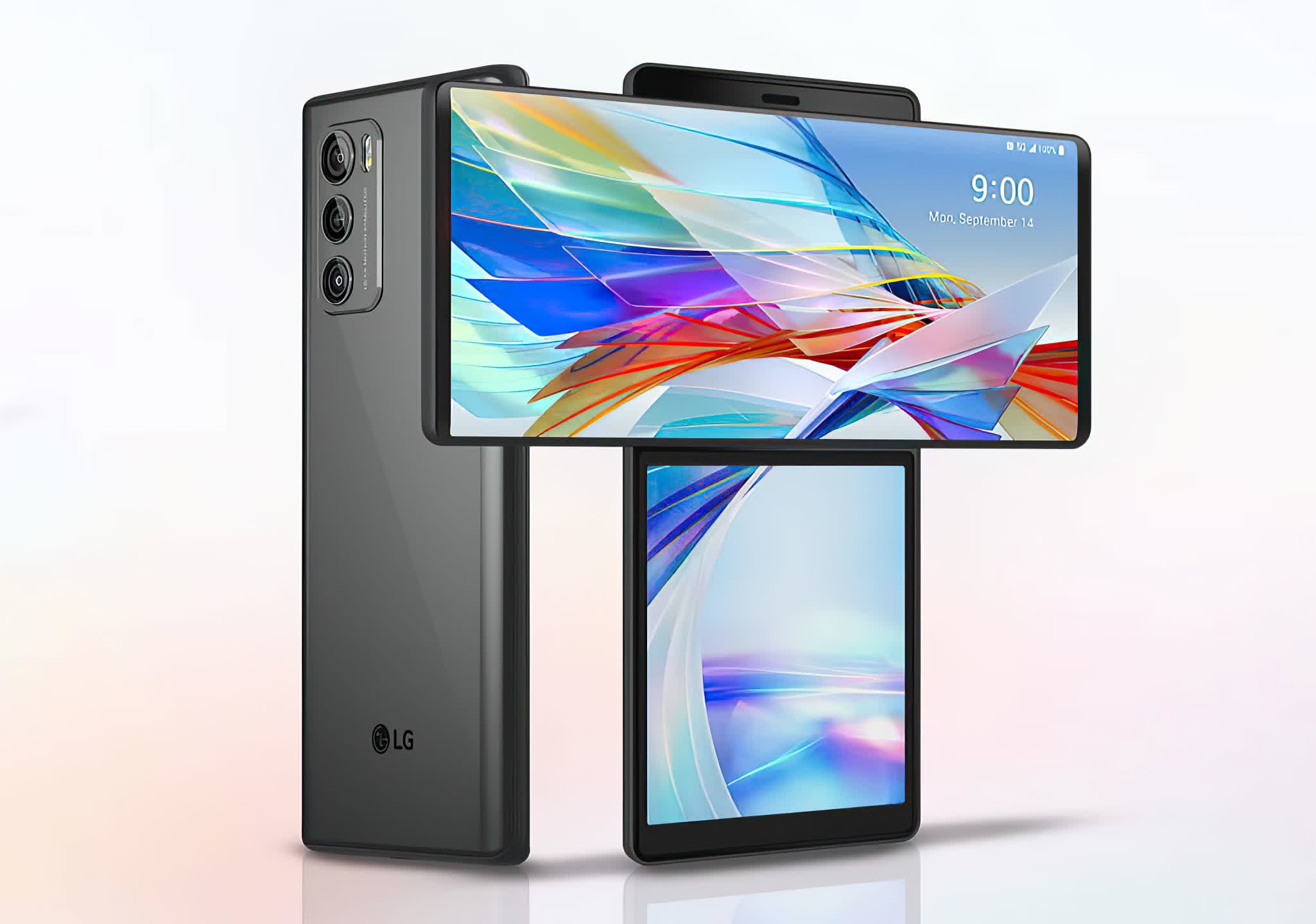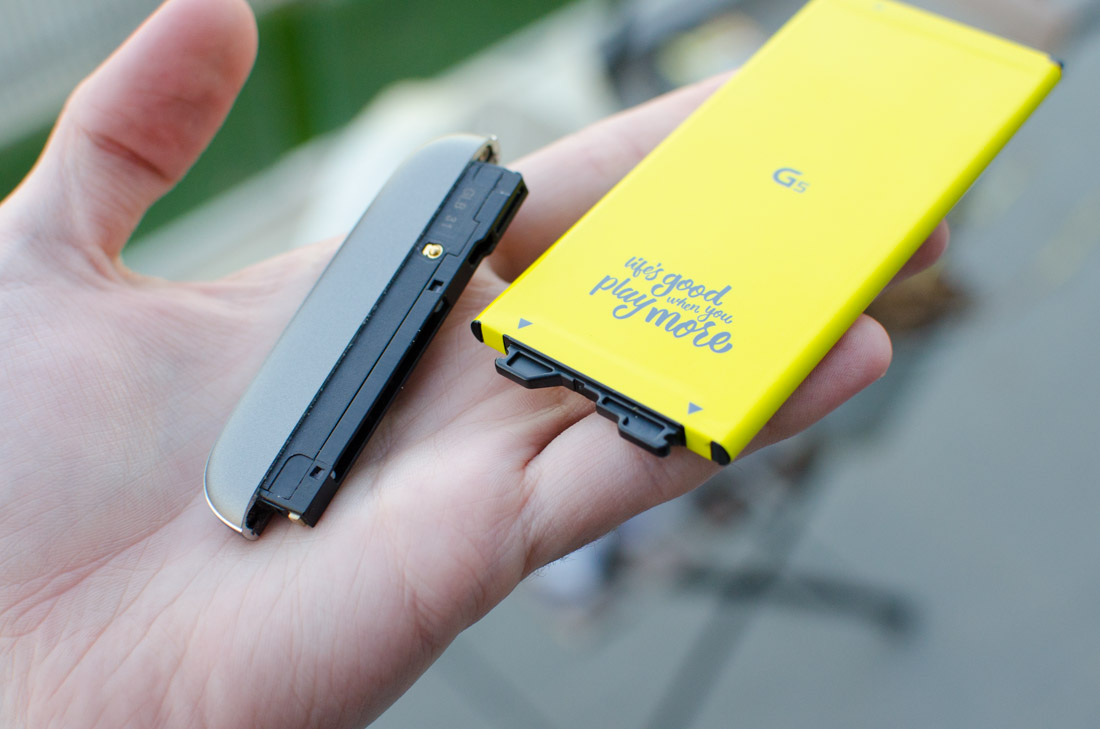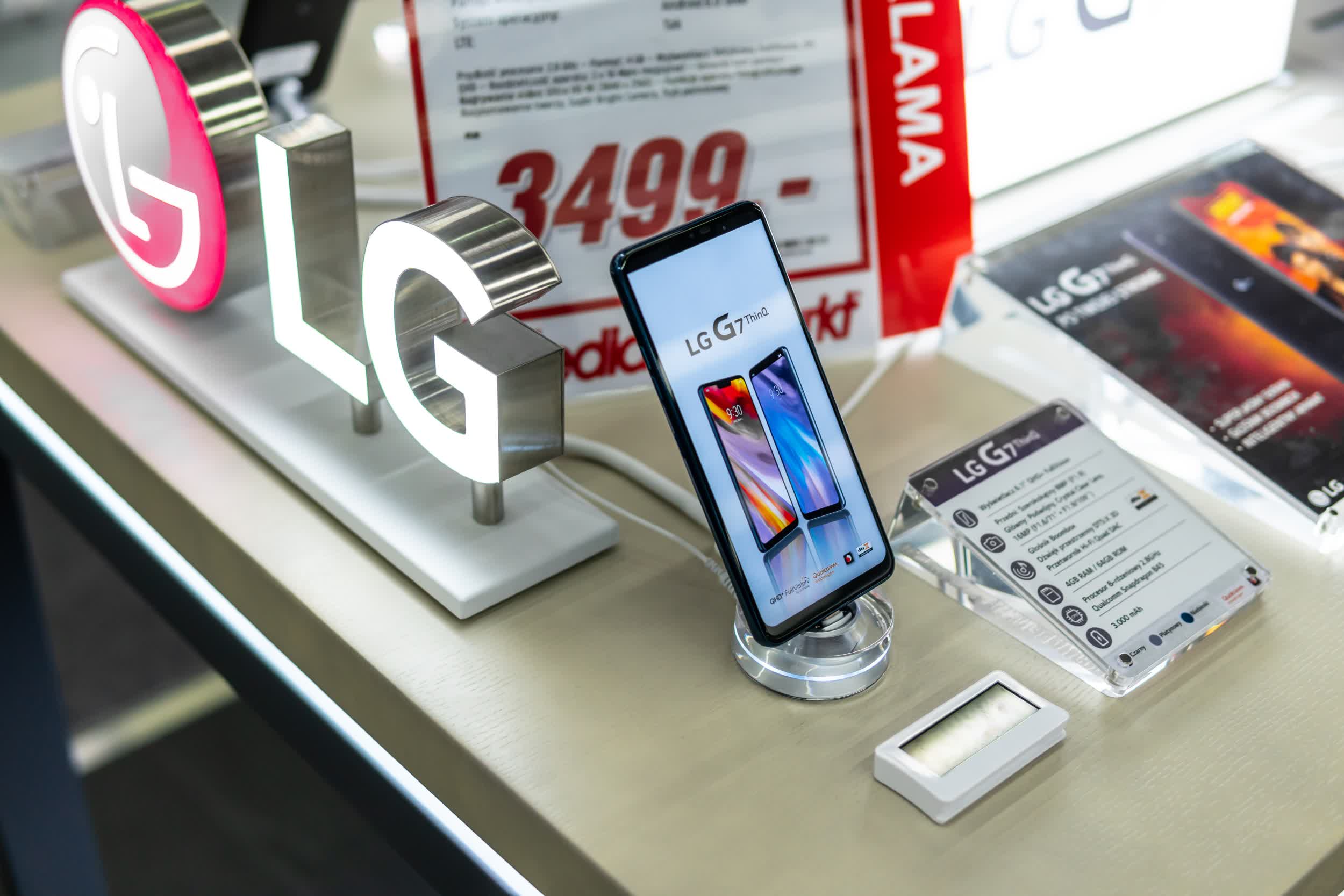What just happened? Following months of rumors that it would happen, LG has finally confirmed it is quitting the phone business. The Korean giant said the decision to close its mobile unit was approved by the board of directors today. It comes after the division spent six years losing money, totaling around $4.5 billion.
While one of the most prominent players in the world of TVs, home appliances, and monitors, LG has spent years watching its share of the phone market shrink to around 2 percent---the firm was the third-largest phone maker in 2013.
LG shipped just 6.5 million smartphones in Q3 2020, down 7.2 million compared to the same quarter a year earlier. For the entirety of 2020, it shipped 23 million phones. Samsung, for comparison, moved 256 million.

The LG Wing 5G
The signs have been looking ominous for LG since January. CEO Kwon Bong-seok advised staff that the unit was "considering all possible measures, including sale, withdrawal and downsizing of the smartphone business."
An exit from the market looked increasingly likely after LG failed to secure a buyer for the division last month. Germany's Volkswagen AG and Vietnam's Vingroup JSC were reportedly interested, but negotiations fell through. Now, the seemingly inevitable has happened.
"LG's strategic decision to exit the incredibly competitive mobile phone sector will enable the company to focus resources in growth areas such as electric vehicle components, connected devices, smart homes, robotics and artificial intelligence," it said in a statement.

The decision means devices including the rumored LG V70 ThinQ, LG G10 and LG Velvet 2, as well as the LG Rollable, are unlikely ever to see the light of day.
LG said its current inventory of handsets will remain available to buy online and in stores, while existing customers will keep receiving software updates and service support "for a period of time which will vary by region."
The company expects to wind down its mobile business by July 31, though some existing models may still be available after that. It won't be leaving the industry behind entirely; two decades of mobile business operations will be applied to related technologies such as 6G and other future products.
It's a shame to see LG leave the phone space, which accounted for just 7% of its total revenue---the smallest of the company's five divisions. It was known for innovating, not always successfully, in an area often afraid of the word. There was the modular G5, the dual-screen LG G8X, the flexible LG G Flex 2, and the futuristic LG Wing 5G, to name a few. From those of us who have owned an LG handset or still do, we bid a sad farewell.
Masthead credit: Grzegorz Czapski
